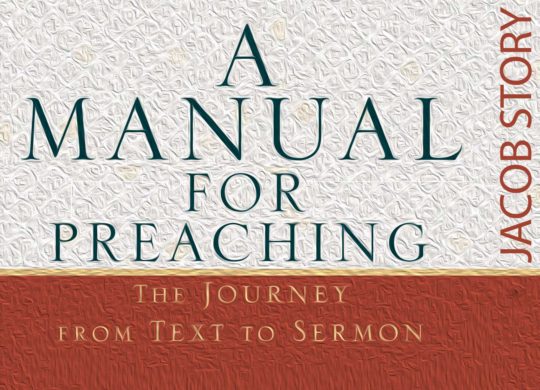Genesis 35:1–36:43

This is the first time a patriarch is commanded by God to set up an altar (Gen 35:1), a pointed reminder that Jacob had not yet done what he had promised God he would do (28:20–22). The worship of God, when the blessings of God have been fulfilled, is particularly important at crucial stages and in the critical passages of life, as Jacob was going through in this pericope—releasing the past and looking to the future. And, besides, if Jacob were to keep his promise to worship God, he and his company needed to divest themselves of any competing allegiance. So Jacob orders his people to purify themselves and change their garments, an outward mark of an inward wholeness (35:2).
Divine commandment to worship in response to promises fulfilled; human obedience in worship.
The alacrity with which Jacob and his tribe follow God’s command, cleansing themselves and departing for Bethel, is accompanied by a divinely induced terror that falls upon the surrounding Canaanites, a fear of God, the result of Jacob’s own fear of God and his submissive response to divine command. In response to Jacob’s obedience at Bethel, God appears to Jacob and blesses him again, this time with a comprehensive blessing that covers name, seed, nation, royal status, and land (35:10–12)—appropriate enough for the closing pericope of the Jacob Story. In sum, God had kept his word on the short-term promises of bringing Jacob safely back to the Promised Land; and now future, long-term promises are added.
If God’s first appearance and promises to Jacob at Luz led to the patriarch erecting a pillar, anointing it, and naming the location Bethel (28:18–22), God’s reappearance and reaffirmation of promises (with escalation), here in 35:9–12, was surely worthy of a similar response. In fact, a greater response is implied in the only mention of a drink offering in Genesis found here, in 35:14, poured out by Jacob. And so, in response to the (re)blessing by God, Jacob worships, this time before those future blessings are fulfilled (35:14–15). Thus the cycle of: promise (Genesis 28) → worship (before fulfillment; Genesis 28) → promise fulfilled (Genesis 29–35) → worship (after fulfillment; Genesis 35) → promise (Genesis 35) → worship (before fulfillment; Genesis 35) … continues.
Divine commandment to worship in response to promises fulfilled; human obedience in worship in in grateful acknowledgement of blessing, continues the cycle of promise and blessing.
Grateful worship for past blessings does not obviate the need for gracious blessings for the future, a continuing necessity from the hand of God. That is made clear by the remaining episodes of Genesis 35. The spiritual “high” with divine revelation and heartfelt worship is followed by a twofold disaster, the death of Rachel (35:16–20) and the incest of Reuben (35:21–22). God’s grace is still necessary; without divine blessings, life is essentially unlivable, what with its catastrophes and disasters, many of them caused by sin.
Finally, to conclude the final narrative chapter in the Jacob Story, our protagonist arrives at his father’s place in Hebron (35:27). It completes the fulfillment of God’s promise to return Jacob to his father’s house (28:15, 21). In the next verses, 35:28–29, the narrator tells of Isaac’s death and his burial by his reunited twin sons, Esau and Jacob (35:28–29).
The final chapter in this pericope, Genesis 36, is one of the longest chapters in the book and is entirely made up of genealogical details. Jacob and his family have not seen the divine promised fulfilled completely yet; they (and all God’s people) wait in faith for God to bring his blessings to them in his own time.
Divine commandment to worship in response to promises fulfilled, and human obedience in worship in in grateful acknowledgement of blessing, continues the cycle of promise and blessing, essential in the course of the believer’s life, oft fraught with difficulty and tragedy, yet filled with hope of the experience of God’s future blessings.
A shorter version:
The blessings of God fulfilled in the past, promotes worship of God that, in turn, continues the cycle of divine blessings for the future.











 Abe Kuruvilla is the Carl E. Bates Professor of Christian Preaching at The Southern Baptist Theological Seminary (Louisville, KY), and a dermatologist in private practice. His passion is to explore, explain, and exemplify preaching.
Abe Kuruvilla is the Carl E. Bates Professor of Christian Preaching at The Southern Baptist Theological Seminary (Louisville, KY), and a dermatologist in private practice. His passion is to explore, explain, and exemplify preaching.